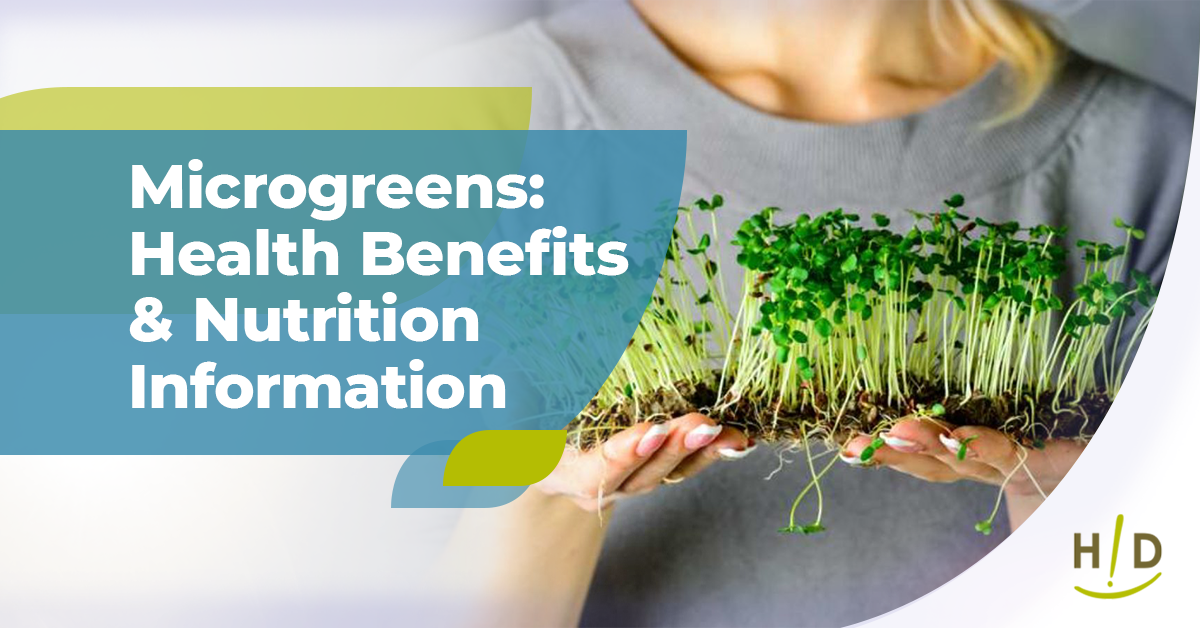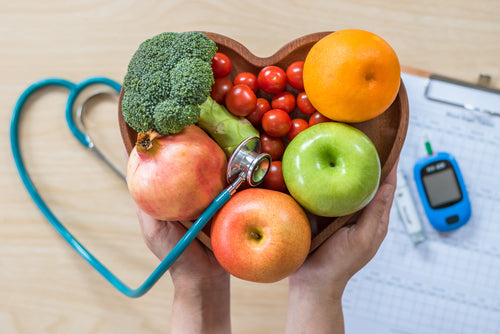Grapefruits are often eaten as part of a healthy raw food diet, and for good reason. This fruit is full of healthy nutrients that will help your body work properly. However, what many people are unaware of is how dangerous grapefruits and grapefruit juice can be while taking certain medications. For some people, it is best not to include grapefruit in your raw food diet for various reasons. Usually, foods don’t interact with medicines and you can generally eat a variety of raw fruits and vegetables with no concerns. However, in this case, there can be an interaction with grapefruit and while the medication you are on should notify you of this potential interaction, it is always good to know which ones can cause potential issues to discuss with your doctor.
Grapefruit has been known to cause issues with a variety of drugs including:
- Statin drugs
- High blood pressure drugs
- Organ transplant rejection drugs
- Certain anti-anxiety medications
- Corticosteroids
- Abnormal heart rhythm medications
- Certain antihistamines
Not all drugs within that list have interactions with grapefruit. This list is just a general idea of what might be areas to watch. So if you happen to take anything on that list, you can always speak to your doctor or pharmacist about the drug you are taking. This is also by no means only relevant to grapefruit or grapefruit juices. There may be similar interactions with other citrus or juice types, which again is a great question to ask your pharmacist.
What Are the Interactions?
If you’re not certain why this may be an interaction, we can certainly understand that. Generally what has been found with most drugs that interact with grapefruit juice is that the juice lets more of the drug into your bloodstream. This could cause more side effects from your medication, while also increasing your risk of potential damages that may be side effects of the drugs. Most of the drugs are broken down in our bodies with the help of an enzyme that lives in our small intestine. Grapefruit juice can block the enzyme, forcing more of the drug into the bloodstream and staying in your body longer. Now, everyone’s body is different with how they react to grapefruit juice and even how much enzyme is produced, so the interaction between grapefruit juice and medication can affect everyone in a different way. On the other hand, grapefruit juice can also cause certain drugs to work less efficiently when taken with them. Instead of blocking the enzyme, it can cause less of an antihistamine to enter your body, meaning those who take it for seasonal allergies may not get the full effects and may find that they are suffering through a day even after taking medicines. Essentially, grapefruit juice affects the drug transporter proteins in our bodies, either slowing them down or causing too much of the drug to get into our system. Again, not all of the drugs listed above interact this way with grapefruit and grapefruit juice, and some interact with other fruit juices as well. The only way to really know if you need to cut certain fruits out of your raw foods diet is by discussing it with your doctor or pharmacist.







